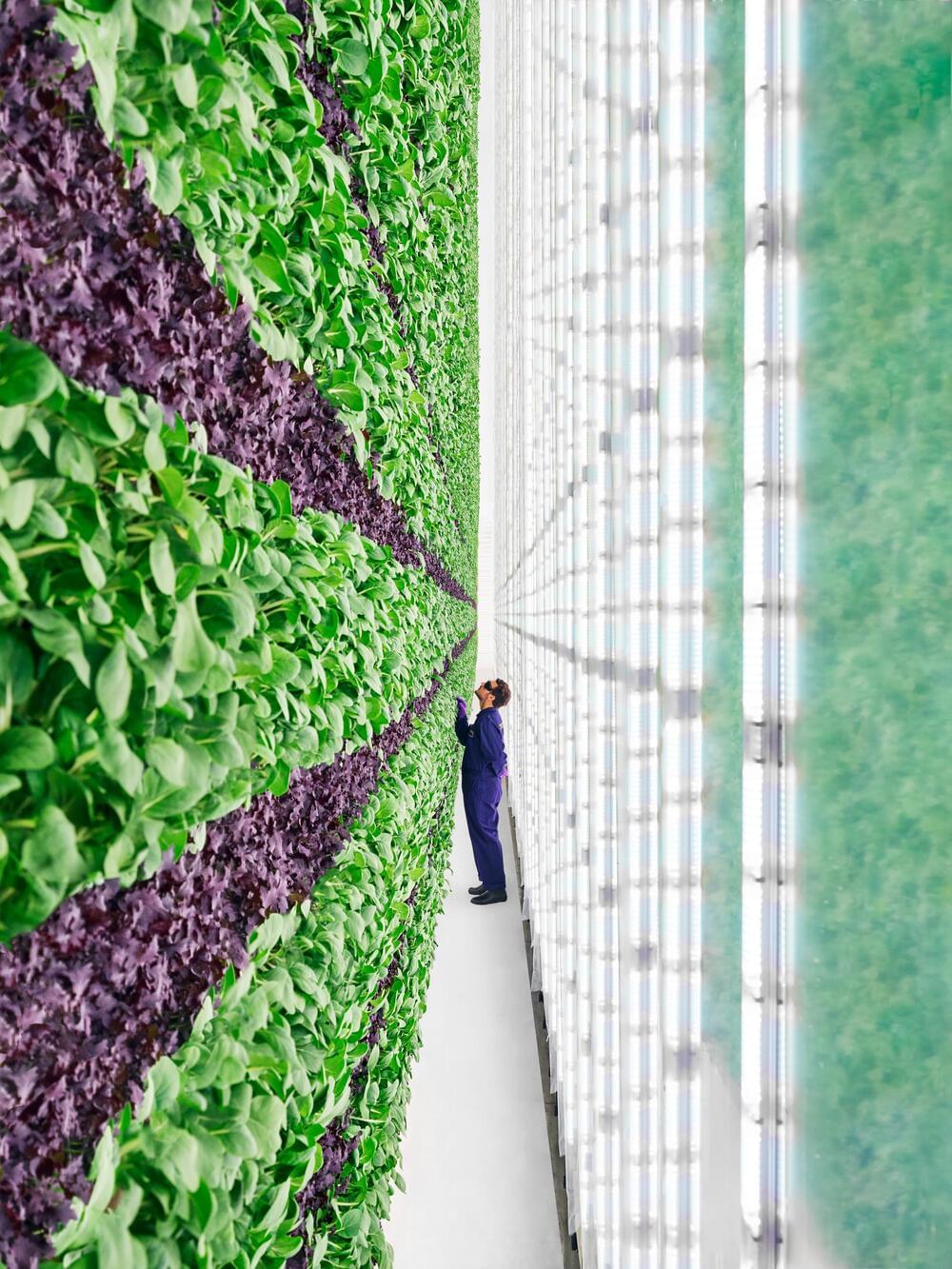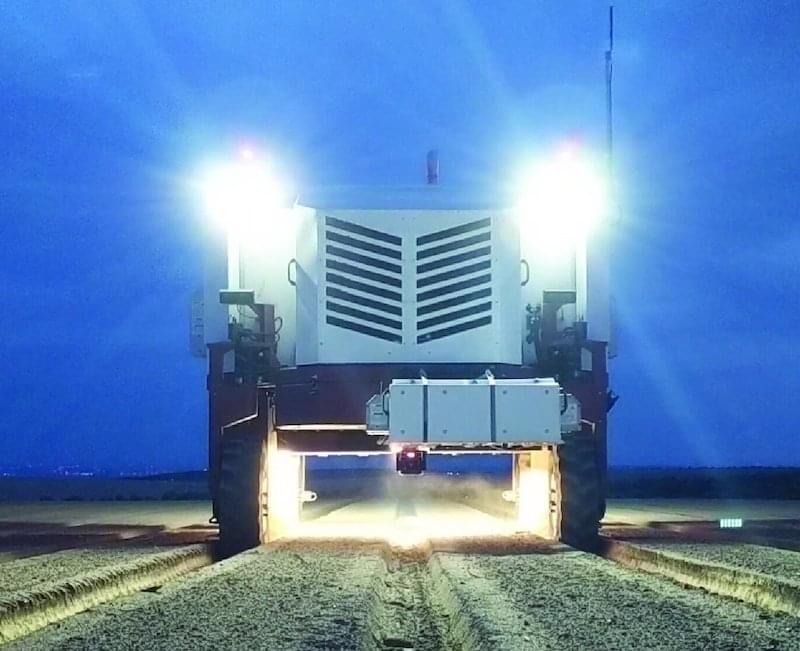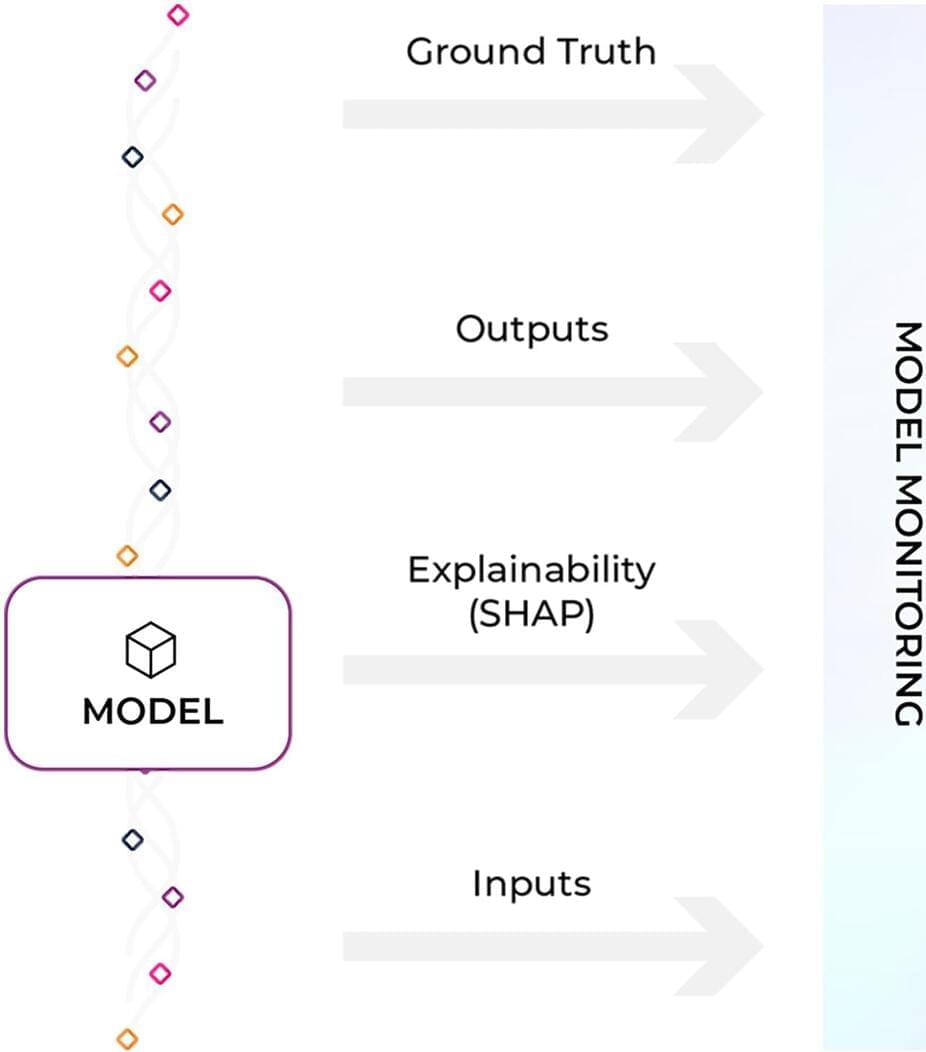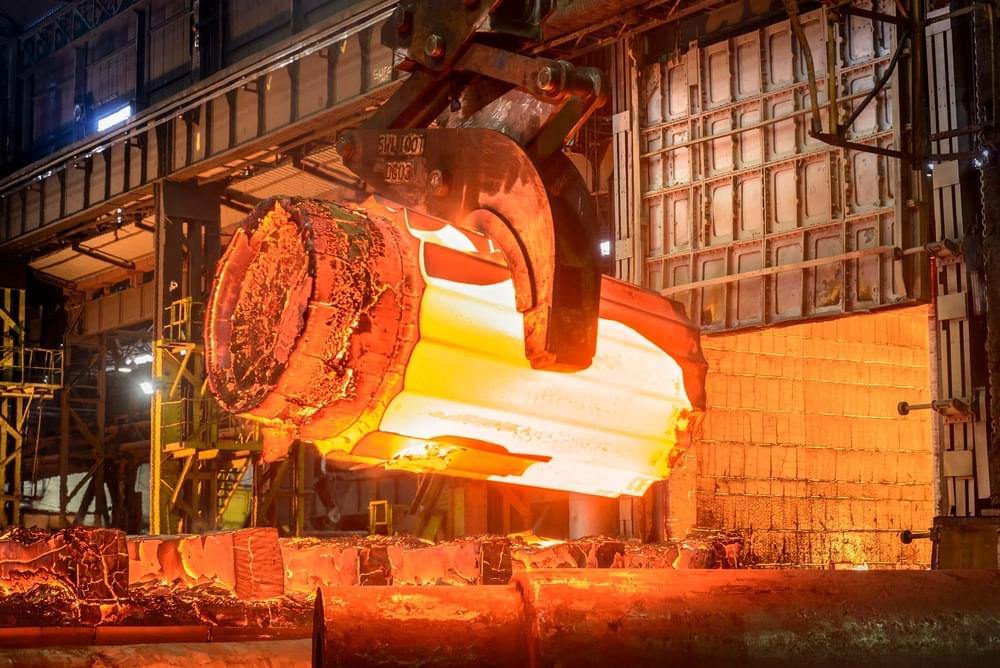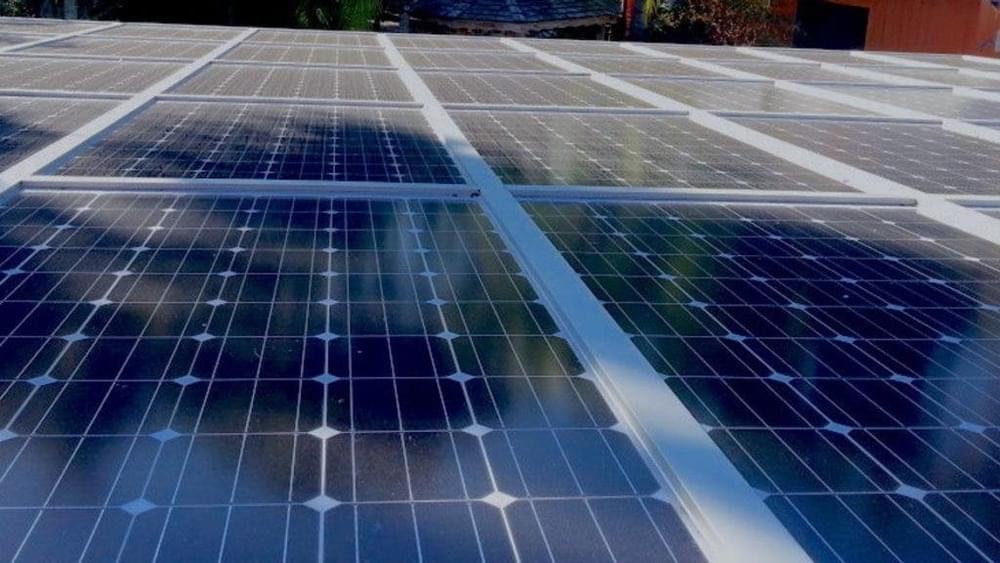US poultry producers are tightening safety measures for their flocks as disease experts warn that wild birds are likely spreading a highly lethal form of avian flu across the country.
Indiana on Wednesday reported highly pathogenic bird flu on a commercial turkey farm, leading China, South Korea and Mexico to ban poultry imports from the state. The outbreak put the US industry on edge at a time that labor shortages are fueling food inflation.
The disease is already widespread in Europe and affecting Africa, Asia and Canada, but the outbreak in Indiana, which is on a migratory bird pathway, particularly rattled U.S. producers. A devastating US bird-flu outbreak in 2015 killed nearly 50 million birds, mostly turkeys and egg-laying chickens in the Midwest.




